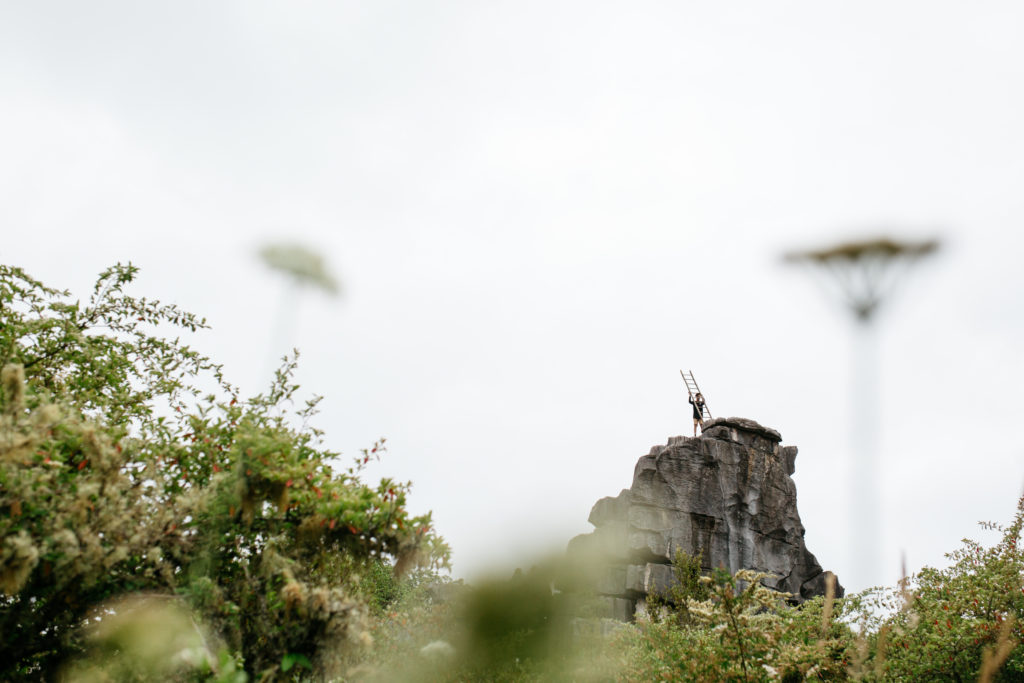A year ago, almost to date, I deactivated all my social media accounts. I kept LinkedIn as a means to continue growing professionally, but it’s often too boring to mindlessly scroll on. As soon as I deactivated my accounts and deleted the apps off of my phone, a few things happened.
1. I felt relieved.
2. I felt panicked.
3. I immediately started thinking about the things I had planned for the future (travel plans, writing opportunities, new YouTube videos I was creating) and how I would get people to see me.
The novelty of not having social media lasted a few days, although the deeply rooted habit of picking up my phone to check and recheck my feeds didn’t fade immediately. It was like a phantom limb; I continued to compulsively unlock my phone, stare at the home screen, remember that I didn’t have Facebook, Instagram, or Snapchat, then close my phone. I felt restless, irritable, and twitchy. I genuinely felt like I was going through some kind of withdrawal.
Turns out, I was.

Our brains develop habits that they become addicted to. As Catherine Price writes in her book “How to Break Up With Your Phone,” most of these apps were developed similarly to the ways slot machines work to trigger dopamine and create a reliance. The inconsistency of what we see on social media actually gets our brains physically hooked to the potential for dopamine and adrenaline. On a neurological level, we have created an incredibly deep neural pathway that requires consistent intention and repetition to unlearn.
Is all this scrolling making us feel more connected or less connected? Is it making us less or more lonely? How much of the time are you feeling engaged and seen – as opposed to feeling empty, invalidated, or no good enough? Are you posting because you want to share something with your peers, or because you feel lonely and want to be seen and validated? What would it be like for you to pause and reach out to someone off of social media, and in real life? I encourage you to take a mental and emotional inventory, check your screen time usage, and non judgmentally bring intention and awareness into your social media presence. We most often feel lonely due to a lack of authentic relationships. If we can’t be authentic on social media, how can we feel connected at all?
One of the most significant benefits of being off social media I’ve experienced is feeling so much more connected to myself and others.
This article isn’t necessarily encouraging you to deactivate and delete all social media. Rather, it is a call to action to look inwardly and bring a level of mindfulness to your own relationship to social media. Put the phone down, look around at your surroundings, put your feet on the ground, feel them make contact with the earth or floor, take a deep breath, and feel your body.
Be here now.

Hannah is a Licensed Clinical Professional Counselor (LCPC), Advanced Clinical Relapse Prevention Specialist(ACRPS) and Licensed Clinical Supervisor (LCS). In addition to mental health therapy, Hannah is incredibly passionate about writing, public speaking, and consulting. She also has a YouTube channel where she uploads weekly videos about relationships, mental health, self worth, shame, and basically anything under the sun that impacts our very difficult human experience.